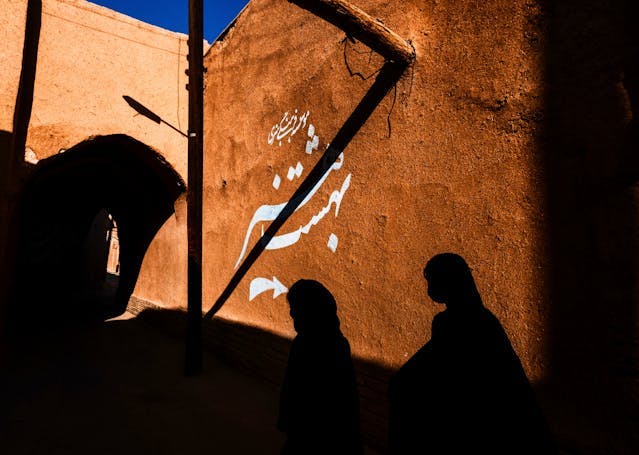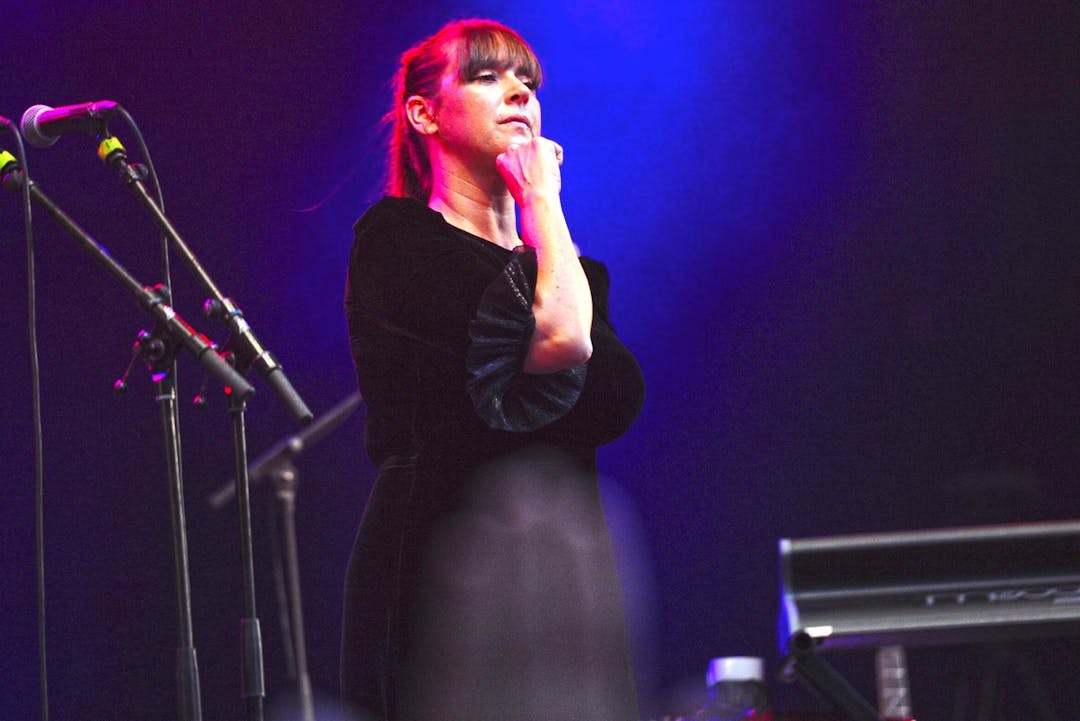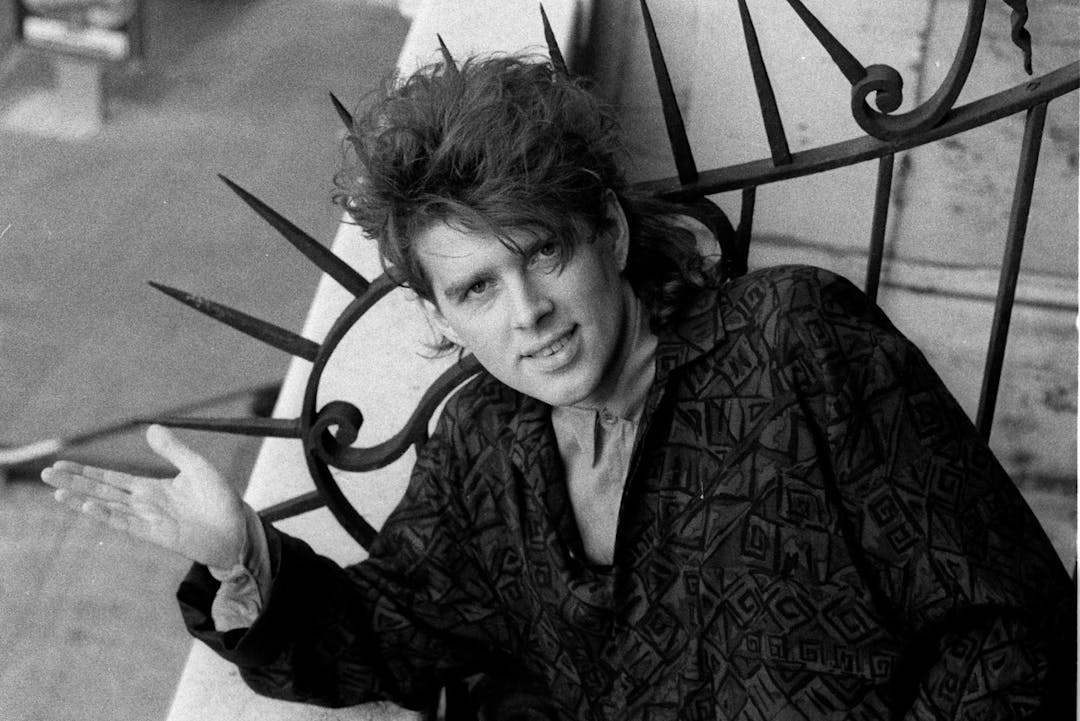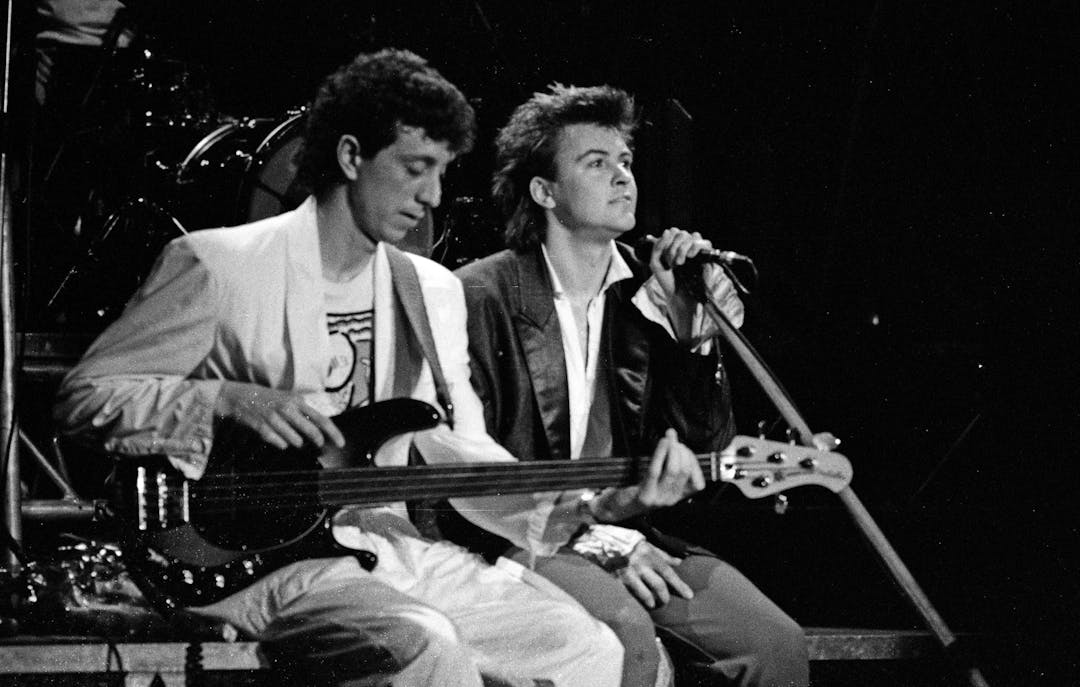
TAGTIK NEWS - TO THE POINT

A former Iranian diplomat charts a path to negotiation
In the agitation surrounding the Trump cabinet over the past two months, the relations with Iran have slipped off the radar somewhat. But they remain a key factor in the Middle East. There is still tension in the region, with the US bombing Houthi positions and Trump sending a “tough” letter to Iran via the United Arab Emirates. But a short article in the Middle East Eye, relayed in the Tehran Times could provide an outline for future talks.
In it, Seyed Hossein Mousavian, a Middle East Security and Nuclear Policy Specialist at Princeton University, and a former Chief of Iran’s National Security Foreign Relations Committee, outlines what he sees as important elements for building trust.
5 ways to approach Iran
· Mutual respect is essential. Iranians, with a civilization spanning 7,000 years, are a proud nation. Threats, insults, or coercion will not bring them to the negotiating table. (He notably pointed out that “Ali Khamenei's personality is different from that of Ukrainian President Volodymyr Zelensky”).
· Tehran values actions over words. During and after the 2024 election campaign, Trump made statements about diplomacy with Iran and opposing Middle East wars. Yet his first step in office was to reinstate the maximum pressure policy and escalate hostilities. Iran's decision-making is based on Washington's tangible actions, not rhetoric.
· The scope of negotiations matters. Trump has claimed that preventing Iran from developing a nuclear bomb is his sole concern. However, his February 4 memorandum extended beyond nuclear issues to cover regional affairs, defense capabilities, human rights, and terrorism. Any comprehensive negotiation must be structured as a step-by-step process.
· A balanced agreement is necessary. If Washington seeks an accord that fairly serves both nations' interests, it stands a greater chance of acceptance in Tehran.
· Finally, sustainability is crucial. After 12 years of negotiations, Iran signed and fully implemented the 2015 nuclear agreement. Although endorsed by UN Security Council Resolution 2231, Trump withdrew from it in 2018. A concern remains: even if a new agreement is reached, what guarantees that the next US president will not abandon it again?
The letter comes as Trump has said he wants to negotiate a weapons deal (which he abandoned in 2018), and Russia has offered to mediate.
(ML. Source: The Middle East Eye. Photo: Emir Bozkurt / Pexels)
LATEST NEWS

Born on January 21: Cat Power, a rebel who doesn't need to scream

Born on January 20: Paul Stanley (KISS) promises not to touch make-up!

Born on January 19: Martha Davis, the Motels' singer's troubled life

RIP: The legendary Tucker Zimmerman has passed away at the age of 84.

Born on January 18: Tom Bailey (Thompson Twins) always calls his "Doctor! Doctor!"

Born on January 17: Paul Young holds on to his crown as king of romantic ballads
Quick links